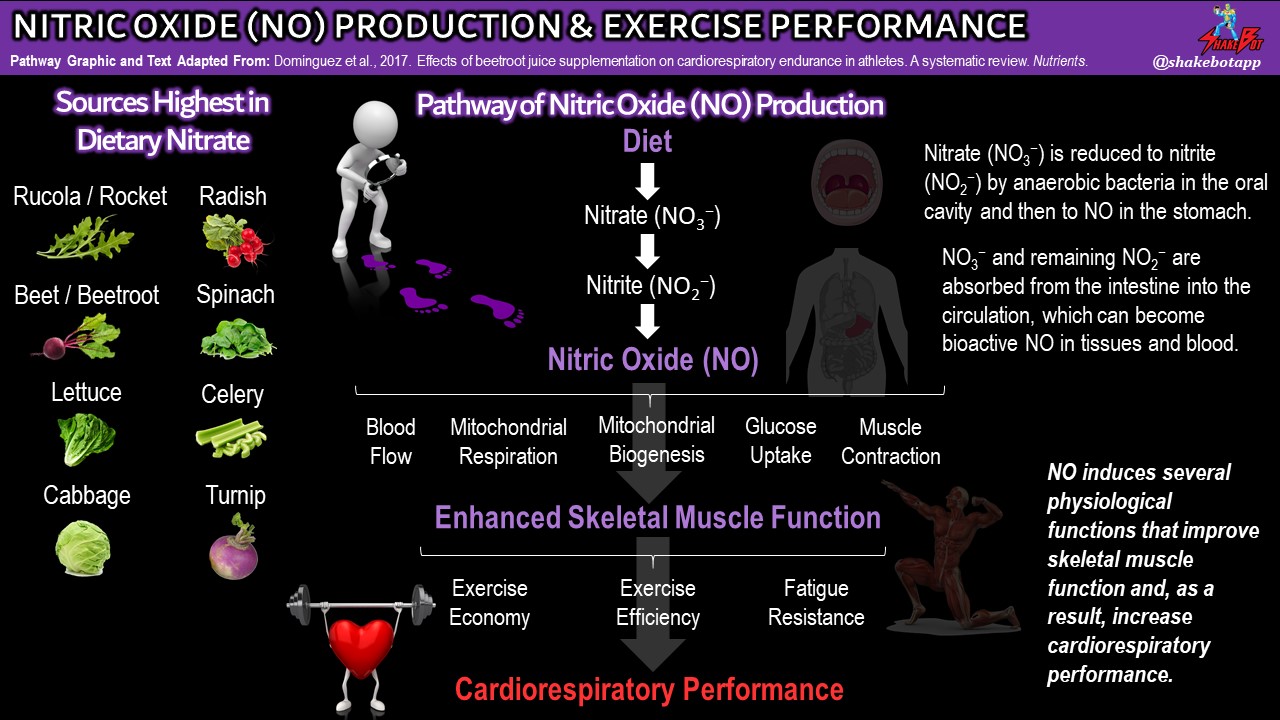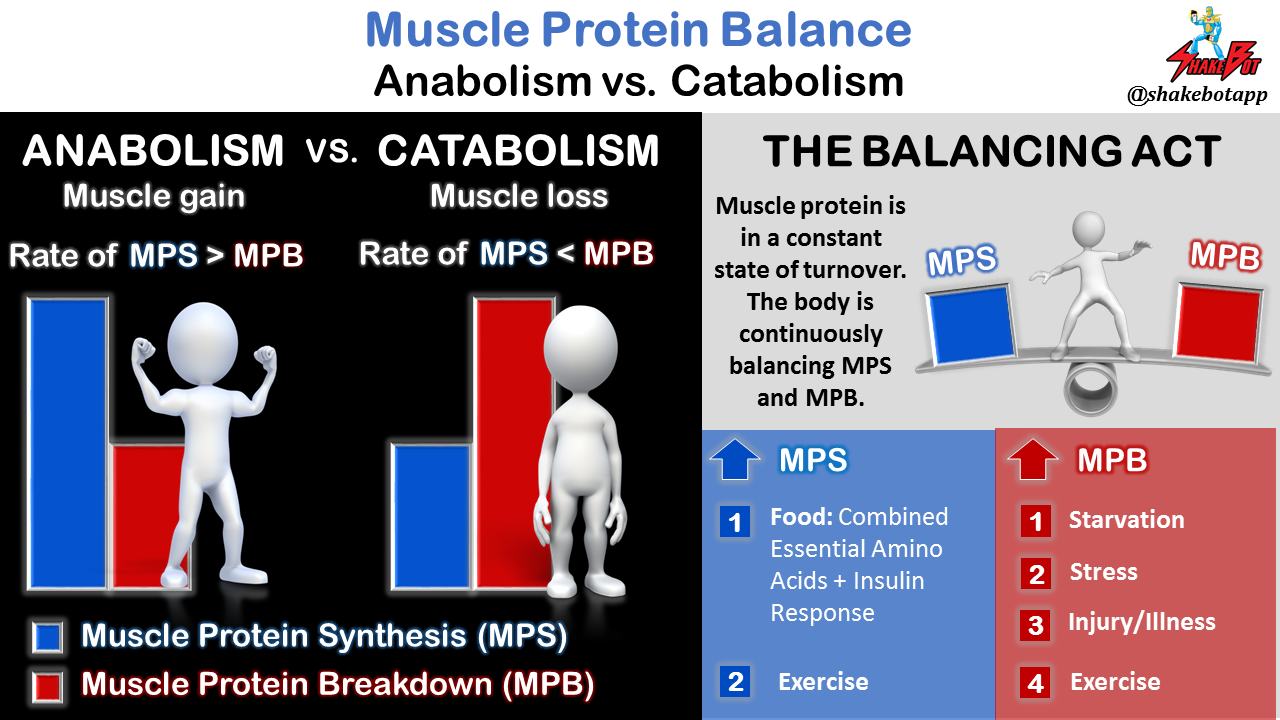The Hip in Ice Hockey – The Final Chapter: Simple and Effective Exercises to Improve Hip Function and Reduce Injury Risk
The hip adductors don’t get much love from most bilateral multi-joint lower body exercises. With unilateral lower body exercises, demands of the adductors increase, but relying on indirect stimulation through inclusion of a few unilateral multi-joint exercises focused in the sagittal plane is not enough to optimize hip adductor strength and function.




















